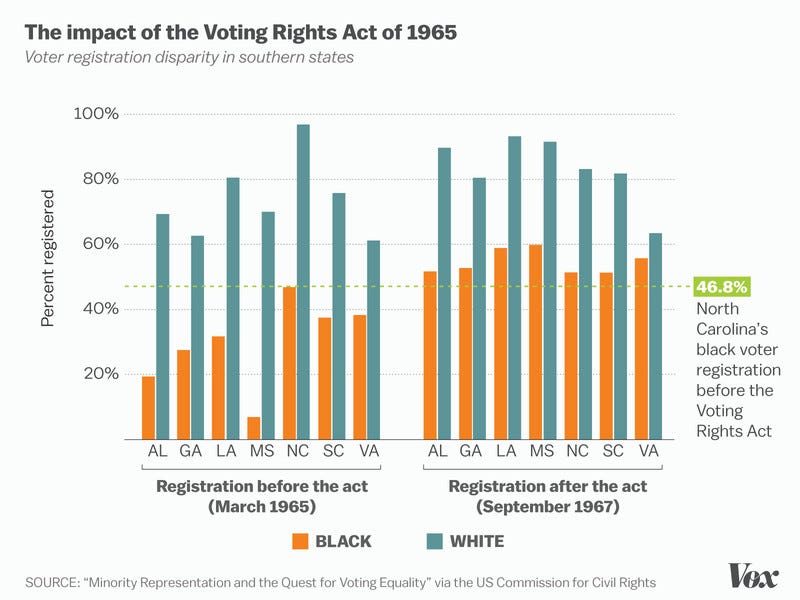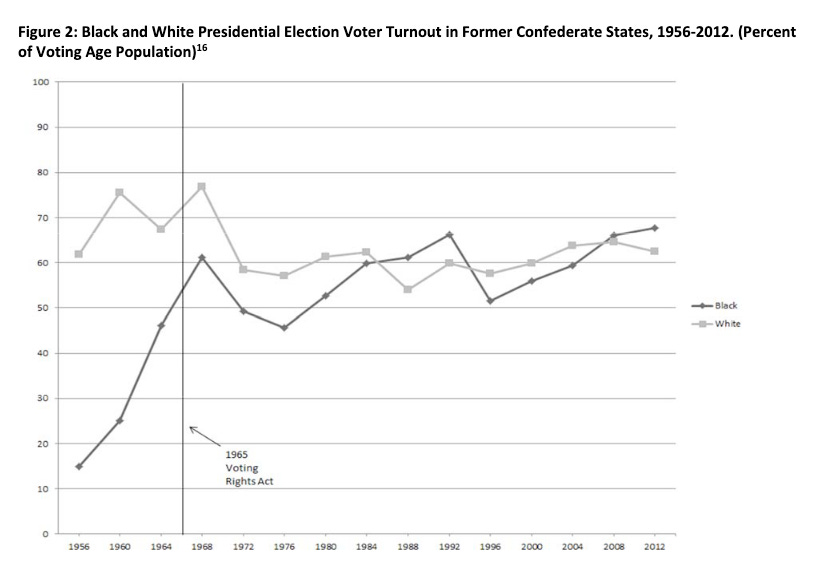Nixing Community Service in Favor of Constructive Anger
During a week typically characterized by the sanitizing of King's core philosophy, it's about time people get angry, stay angry and use it for lasting transformation
Publisher’s Riff
It’s important to, for the most part, sit back and read the countless Rev. Dr. Martin Luther King, Jr. takes from the commentariat that plaster the columns of many an op-ed page and blog on the official observance of his birthday. It all cools down by the federal holiday’s end. Simultaneously, the "content of their character, not the color of their skin" escapades begins earnestly that frigid Monday morning (depending on your location) with a collection of advertised to-do lists and tasks on things we should already be doing the other 364 days in the year. It’s a messy collage of everything from block trash clean-ups to, finally, taking notice of housing insecure and hungry people. Some of us finally give enough damn about others that some might pull off a quaint one-day food bank or clothing drive.
Keep in mind, that’s all designed to maybe help you, as the individual, feel good about yourself in a moment of gratuitous self-shine. But, the “Day of Service” (as mainstream American culture occupies it), is not designed to encourage the type of full-scale flip-the-table overhaul of American society that King repeatedly demanded over the course of his short life in revolution politics. As Black liberation theologian Rev. William H. Lamar IV puts it during a recent interview on WURD’s #RealityCheck …
The cooptation has been to make this celebration about community service when, really, King was about justice. He was about redistribution of wealth. They’ve made him a soft cuddly teddy bear for imperialism. Yet, King was about the fundamental re-ordering of society.
You can listen to that full interview here …
It’s important to talk honestly about the meaning of this observance, especially when we need and have opportunities to talk with frustrated and visibly anxious young people. “Generation Z” represents not only our generation of tomorrow, but our stewards and caretakers of the future before us. That discourse around King is one that neither generation, the outgoing and the incoming, should take lightly because it entails a needed planning on weighty topics like the state of our environment, the state of our democracy and, most importantly, how we best improve then protect and preserve better conditions so we can arrive at justice.
King Day 2022, almost 56 years to the date of the passage of the seminal Voting Rights Act of 1965, is not a day of celebration. It is fraught with irony and a grim realization that we are still faced with bitter challenges to our humanity and agency that, 56 years later, remain unresolved.
Typically, when observing King’s birthday, the tradition is to turn to his iconic and now, tragically, oversaturated “I Have a Dream” speech delivered on the steps of the Lincoln Memorial during the massive March on Washington in 1963. But, King’s voice is as relevant and present today in his first speech on those same steps – “Give Us the Ballot” - in 1957. Take about 20-minutes out of your day to listen in …
The tone in this speech is from a younger, still very serious King, and compared to the “Dream” speech, it is much more sobering and somewhat inauspicious. It reflects deeply on a very tenuous political and social climate, and it is full of warnings …
I realize that it will cause restless nights sometime. It might cause losing a job; it will cause suffering and sacrifice. It might even cause physical death for some.
Here we are 64 years after that speech and faced with the destruction of the Voting Rights Act of 1965, the moment when all Black men and women in the United States were finally granted full unfettered access to the voting franchise. From that moment, we saw enormous, unprecedented spikes - at that time - in Black voter registration, as well as turnout.
The Joint Center for Political and Economic Studies 50-year VRA Anniversary report (edited by the BEnote’s Publisher Charles Ellison) provides a must-read indepth analysis of the draconian political environment Black Americans faced before the VRA and the doors that immediately opened in the wake of its passage …
We went from barely a 1,000 known Black elected officials on the state, local and federal level in 1965 to now an estimated 12,000 Black elected officials serving at all levels.
Yet, this week, the U.S. Senate seems poised to destroy what’s left of that Act due to the Republican party’s continued use of the destructive procedure called the “filibuster” – a tool created by slaveholders in the 1840s – which requires an undemocratic “super majority” of 60 votes to pass anything.
This is why it’s important to recognize that “King Day” is not a day of labor, it is a day of teaching and the need for constructive anger. It is a day of continuing movements. We should have been angry enough since 1965 to never let something like this happen. But, after years of complacency and “Days of Service,” many of us mistook comfort and lifestyle amenities for true progress. Now we’re suddenly in a state of collapse and can’t understand what’s happening.
That’s why it’s crucial for us to understand that King’s memory must not be diminished or distorted as simply a moment for “community service.” We’ve been somewhat misled into the belief that it is a day of neighborhood clean ups and one-day feel good food drives. It is not.
There is clearly an major political war taking place, and we need to reflect on the fight before us. That fight entails reclaiming the empowerment that King fought and died for. That empowerment leads to the type of full democracy and economic parity and justice and the protection of the spaces we live in.
King was a master political strategist. And he successfully connected the three Ps we need to achieve the full justice paradigm we need to arrive at. The protest, the politics and the policy.
This paradigm is essential for young people. It’s important to consider, as they move forward in their endeavors as young leaders of tomorrow, the creation of a working philosophy or a foundational framework that helps them 1) not only maximize the potential career benefits, but, more importantly, 2) helps them become “change agents” through the path they choose.
We need “change agents” and we need more people who are angry enough to trigger or institute real structural change in our society. Life journeys must be perceived and appreciated as the manifestation of work that’s truly transformative, and for the better. Basically: everything we do must contribute in some form or fashion to the common good. We need constructive anger.
Constructive anger is important as a way to eradicate lingering poverty, housing insecurity, a deteriorating habitat, high violence, food scarcity and rising chronic disease rates due to environmental racism and pollution. Anger is a good thing when it’s constructive and channeled. And, so, maybe we’re not angry enough when we’re already reaching one million completely preventable deaths in the United States during this pandemic. Maybe anger is what’s needed in a broken city like Philadelphia where the gun violence rate took 562 lives last year and traumatized over 2,400 others non-fatally. Where the poverty is near 40 percent … where 75 percent of all pregnancy-related deaths are Black women … where 12 people died because the city instigates a housing crisis that forced 26 people to crowd in one row home.
Places of entrenched distress, like Black Philadelphia, do not need community service. They need full parity. Philadelphia, for example, is a region of more than a half-trillion dollars in GDP. So, it needs full investment, a functional K-12 education system, full public safety and clean environments regardless of zip code.
To achieve that level of full investment, equity and parity, it takes indigant, yet constructive anger to build the common good standard we need. We need constructively angry leaders with vision to create that standard. Every conversation and action must be a public service. We must ask ourselves if what we do truly leads to a public good and positive impact. If it’s not then we need to rethink it.
In creating the environment for real change, we must first recognize the broken state our society is in, and then muster the constructive anger to fix it. This is what honest reflection on King is about. We should apply this as an operational framework to force the real transformation we need.






